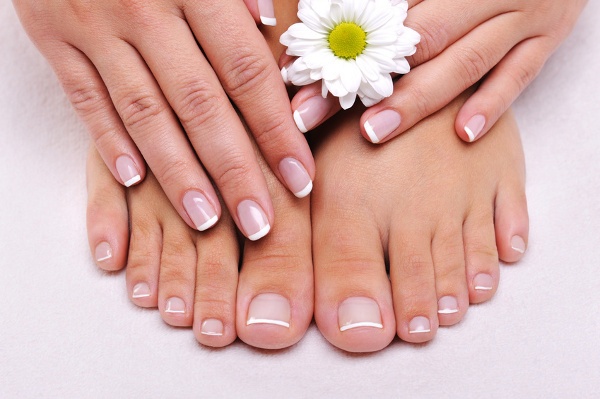
People get diabetes when their body is not able to produce adequate insulin, which is needed by the body to utilize the food we eat. Our body is not able to use carbohydrates such as sugar when insulin is less in the body. Diabetes can affect the skin, eyes and also our feet. Thus it is very important for people suffering from diabetes to take care of their eyes, feet and skin. This article focuses on the eye, feet and skin care people suffering from diabetes should take.
A. Diabetic eye care tips
Diabetes may cause diabetic retinopathy This happens as diabetes affects the blood vessels supplying blood to the eye’s retina. The lens of the eyes can be affected by the changing level of blood sugar caused due to diabetes. In order to protect your eyes from the risks associated with diabetes you can pursue the following eyes care methods:
1. Blood pressure should be controlled strictly.
2. Ensure that your blood sugar is controlled and do not let it rise above the recommended level.
3. Cholesterol level should be controlled strictly
4. Quitting smoking, being fit and a healthy life style controls diabetes and also the eye problem associate with it.
5. Get your retinal screening done frequently. This will ensure early detection of any eye problem and will enable to treat it at early stage.
B. Diabetic skin care tips
Skin disorders are common among people suffering from diabetes. Several times the skin disorders are the first symptom of diabetes. This is because people suffering from diabetes have more glucose which makes them prone to dry skin and they are less able to fight harmful bacteria. Both conditions increase the risk of infection. Fortunately most of these skin disorders can be controlled if cured in the initial stages. In order to avoid skin problems the following skin care regime is recommended:
1. You should keep your skin dry and clean. This can be done by applying talcum powder. Pay more attention to areas like groin and arm pits, where the skin touches the skin.
2. Do not scratch itchy or dry skin. This can cause the skin to be exposed and thus making it prone to infection.
3. Do not take baths with hot water. People having dry skin should avoid bubble baths. Apply skin lotion after taking bath.
4. Keep your home humid when the weather is dry and cold.
5. Cuts should be treated at the earliest. Iodine, Mercurochrome antiseptic and alcohol should not be used to wash the cut as they are very harsh on skin. Instead use water and soap to wash them. If your doctor permits you can use ointment or antibiotic cream. For major burn, infection or cut consult a doctor immediately.
6. Despite of these precautions if you still are not able to solve the skin problem then consult a dermatologist.
C. Diabetes foot care
Suitable foot care is very vital for diabetic people. This is important because people suffering from diabetes suffer from foot problem. This is because diabetes cause damage to nerves and due to this blood flow to the feet is reduced. These problems can be reduced if the following proper and good foot care tips are followed:
1. Only use mild soap and warm water to wash your feet. While drying your feet do not rub them. Instead it is advised that you pat dry them. Do not forget to apply foot lotion. But avoid putting the lotion in between the toes.
2. You should keep checking your feet properly frequently and look for cracked or dry skin. Pay extra attention if you see cuts, scratches or blisters. You also need to be cautious about any redness or tenderness. Never ‘pop’ any blister.
3. Toenails need to be especially cared for. Always cut toenails when they are soft (after bathing) and smoothen them with a nail file.
4. Wear comfortable shoes while walking and exercising.
5. Always wear shoes with socks.
6. Never walk barefoot. Wear hard soled slippers or foot wear always.
7. Do not wear shoes with pointed toes or high heels
8. Stay away from tight socks. Wear socks made from natural fiber like wool or cotton.
9. Consult your doctor if you observe any of the following on your feet
a. Athlete’s foot
b. Wounds
c. Ingrown toenails
d. Redness




